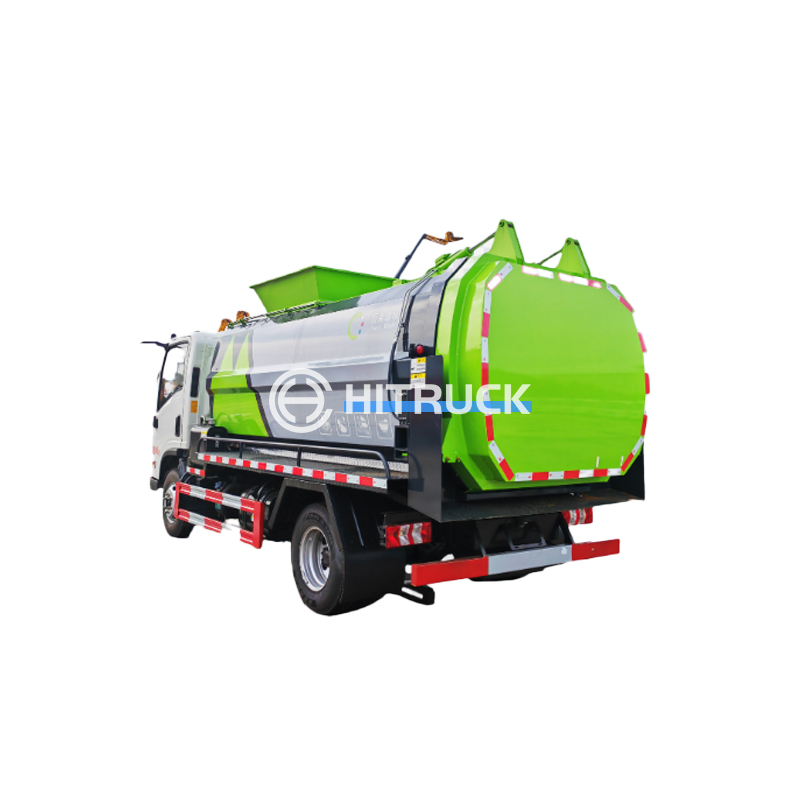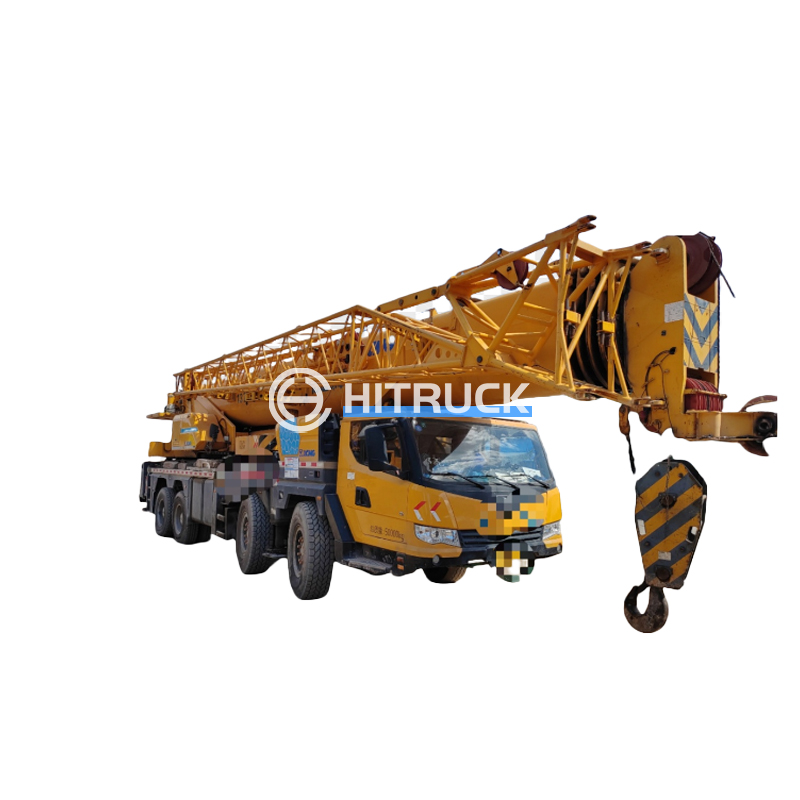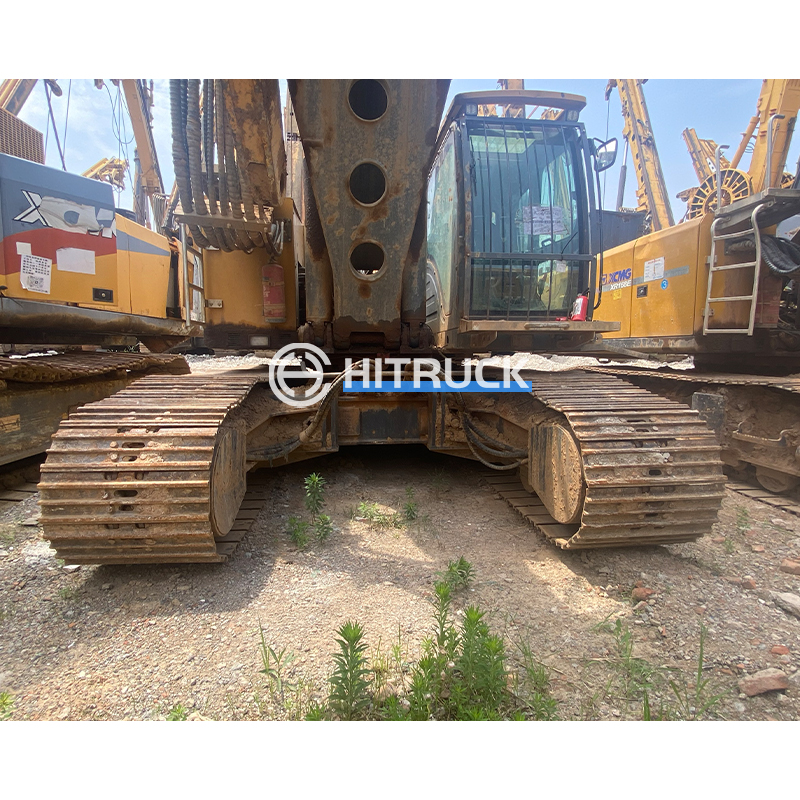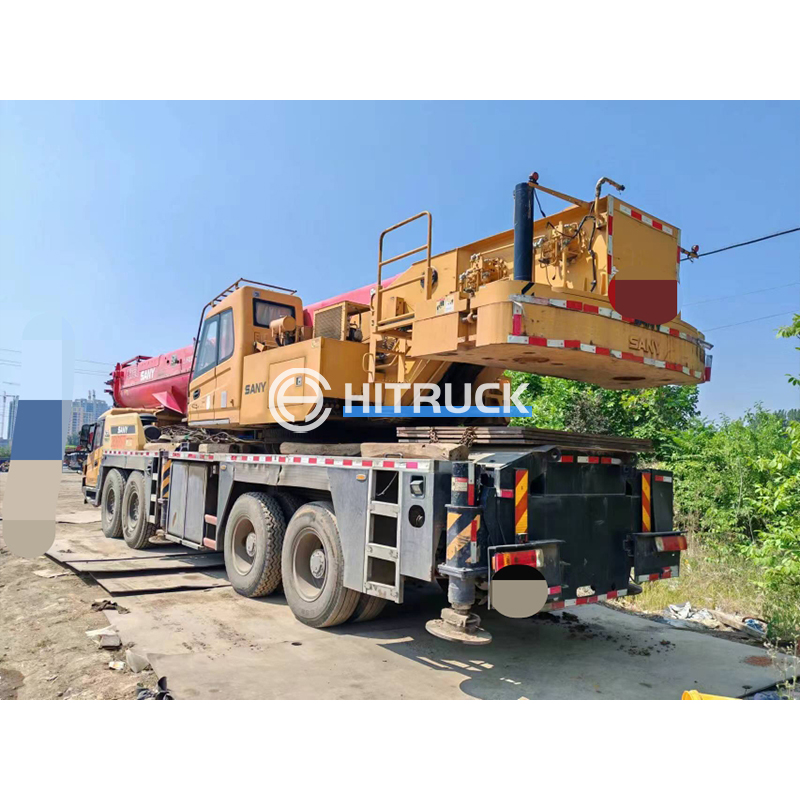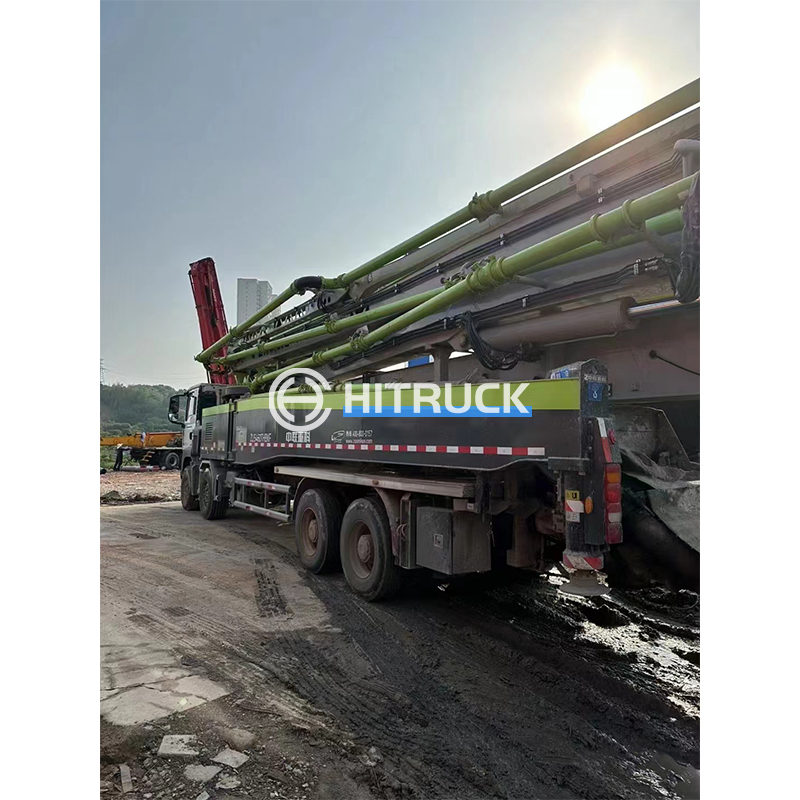Understanding and Choosing the Right Concrete Mixer Truck
This comprehensive guide explores the world of mixer trucks, providing in-depth information to help you understand their various types, applications, and key considerations when making a purchase. We’ll cover everything from the mechanics of a concrete mixer truck to the factors influencing its selection, ensuring you make an informed decision.
Types of Concrete Mixer Trucks
Transit Mixers (Drum Mixers)
The most common type, transit mixers, are characterized by their rotating drum, which continuously mixes the concrete during transit. This ensures a homogenous mix arrives at the job site. Different sizes are available, ranging from smaller models for smaller projects to massive units capable of transporting large volumes of concrete. The efficiency of a transit mixer is crucial; a poorly performing one can lead to setting concrete before it reaches its destination.
Self-Loading Mixers
These mixer trucks combine mixing and loading capabilities in a single unit. They are ideal for projects in remote locations or where access to a separate loading system is limited. This type of mixer truck offers significant time and cost savings, especially for smaller projects. However, the initial investment cost is typically higher compared to conventional transit mixers.
Line Pump Mixers
Line pump mixer trucks are equipped with a high-pressure pump, allowing for the direct pumping of concrete to higher floors or hard-to-reach locations. This eliminates the need for manual pouring, enhancing efficiency and safety on construction sites. This is particularly advantageous in high-rise buildings or projects with intricate layouts. They are efficient, but require specialized training for operation and maintenance.
Factors to Consider When Choosing a Concrete Mixer Truck
Capacity and Size
The required capacity depends heavily on the scale of your projects. Consider the average volume of concrete needed per job and choose a mixer truck accordingly. Larger trucks offer greater capacity but may not be practical for smaller jobs or narrow streets.
Mixing Mechanism
The mixing mechanism’s efficiency directly impacts concrete quality. Pay close attention to the drum’s design, blade configuration, and rotational speed, ensuring they meet the standards for your specific concrete requirements. The drum’s material also affects longevity and maintenance costs.
Maneuverability and Accessibility
Consider the accessibility of your job sites. For tight spaces or challenging terrains, a smaller, more maneuverable mixer truck might be necessary. Larger trucks offer capacity but can prove challenging to navigate through confined areas.
Engine and Fuel Efficiency
The engine’s power and fuel efficiency significantly impact operational costs. Opt for a truck with a fuel-efficient engine to minimize operating expenses over time. Consider the type of fuel (diesel, gasoline) and its availability in your region.
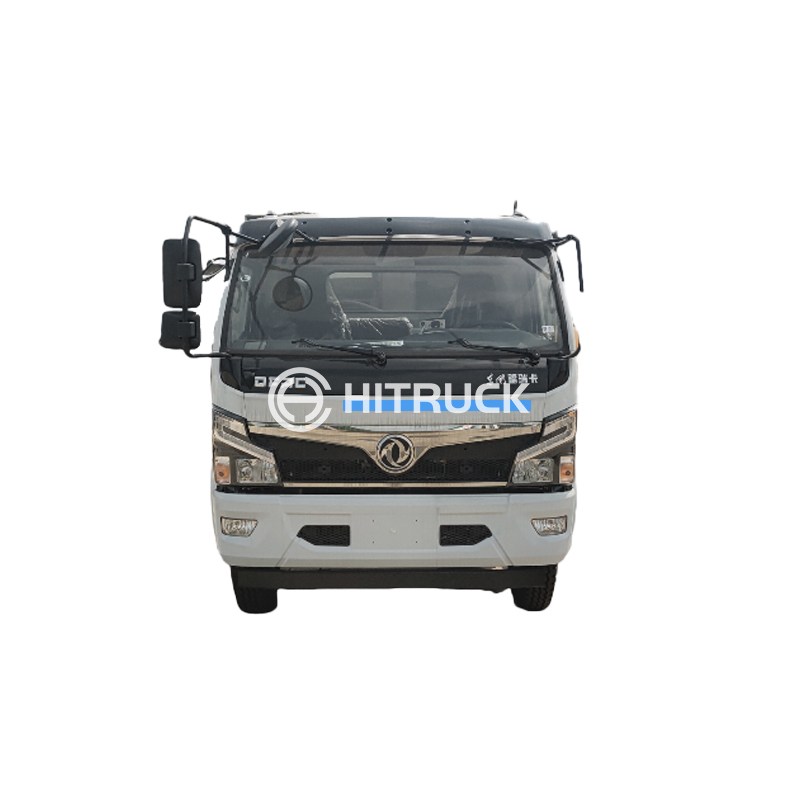
Maintenance and Operation
Regular maintenance is crucial for extending the lifespan and ensuring the consistent performance of your mixer truck. A well-maintained concrete mixer truck will minimize downtime and operational costs. Proper operator training is also essential for safe and efficient operation. Consult your mixer truck‘s manual for detailed maintenance schedules and operational guidelines.

Finding the Right Concrete Mixer Truck
For a wide selection of high-quality mixer trucks, visit Suizhou Haicang Automobile sales Co., LTD. They offer a variety of models to suit diverse project needs. Thorough research and comparison shopping are essential steps to ensure you select the best mixer truck for your specific requirements.
| Feature | Transit Mixer | Self-Loading Mixer | Line Pump Mixer |
| Initial Cost | Low | High | High |
| Operating Cost | Moderate | Moderate | High |
| Maintenance | Moderate | High | High |
Remember to always consult with professionals and conduct thorough research before investing in a concrete mixer truck.




